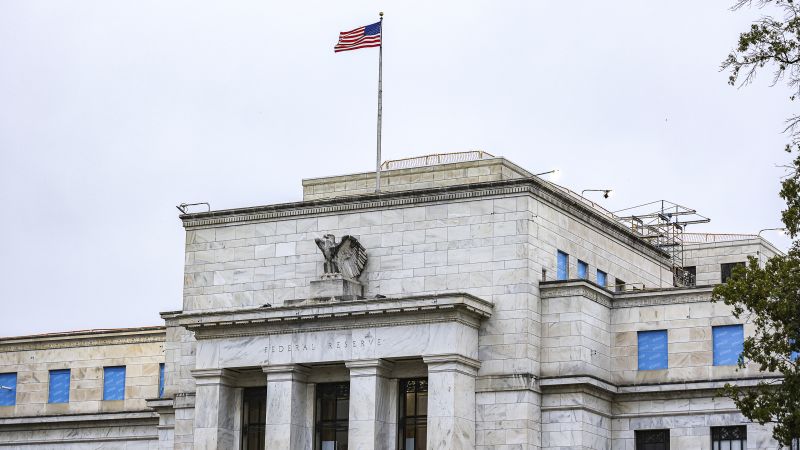The Federal Reserve recently cut interest rates by a half point in an effort to maintain the job market’s strength. However, new data shows that the job market is even stronger than expected, leading some analysts to criticize the Fed for cutting rates unnecessarily. Some experts believe that the Fed should be raising rates instead of cutting them given the positive figures in the job market. Even before this latest rate cut, investors were critical of the Fed for not cutting rates at their July meeting, leading to accusations that officials were behind the curve.
Second-guessing the decisions made by the Federal Reserve is common, as officials themselves acknowledge the uncertainty of the economy and the challenges they face at inflection points. Making sense of this uncertainty is a key part of the Fed’s work, and economists often have varying opinions on the economy’s health and direction. Fed officials are not always in agreement with the decisions made by the central bank, as seen with Fed Governor Michelle Bowman dissenting against the rate cut in September. Without a readiness to follow the data, even when it leads in unexpected directions, the Fed would not be able to adapt to surprises like an unexpectedly strong jobs report.
Fed officials openly admit that they do not have complete confidence in how the US economy will evolve, with a frequent acknowledgment that the economic outlook is uncertain. While the Fed relies on complex economic forecasts created by analysts and researchers, economics is not a precise science. The Fed must make decisions based on data from the past and present, while facing criticism from various sources such as Wall Street, Washington, and the media. Despite the challenges, with inflation nearing the Fed’s 2% target and the job market continuing to show strong gains, optimists are feeling positive about the current economic outlook.
It is important to recognize the complexities involved in economic forecasting and decision-making. The Fed’s work is based on interpretations of data and projections, rather than precise predictions. Critics often overlook the challenges faced by the Fed in making decisions that can have far-reaching impacts on the economy. Despite the uncertainties and criticisms, the Fed must continue to adapt to changing economic conditions and unexpected data, in order to fulfill its mandate of maintaining stable prices and employment. As the economy evolves, the Fed will continue to play a key role in guiding monetary policy and navigating uncertain economic waters.


